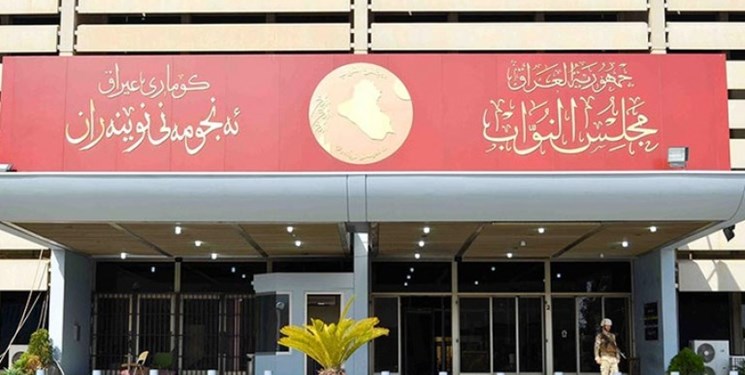Iraq is preparing for the fifth round of parliamentary elections since the fall of Saddam Hussein.
This round of parliamentary elections in Iraq was scheduled to take place in 2022, but after widespread demonstrations and popular protests in late 2019, Adel Abdul-Mahdi resigned, and after a long struggle, Mustafa al-Kadhimi finally voted in May 2020 for a vote of confidence. The formation of the government won in the transition phase until the early elections.
The country’s political parties agreed to hold early elections as demanded by the protesters, and finally Al-Kazemi announced October 10, 2021 (October 18) as the date for early elections. According to the High Electoral Commission, 3,243 candidates are expected to compete in this election for 329 seats.
Because the Iraqi political system is parliamentary, and the final composition of the parliament directly influences the election of the president, the prime minister, the speaker of the parliament, as well as the structure of the cabinet, these elections have always been very important in Iraq.
Following the announcement of the election results, the parliamentary faction with the highest number of seats will be nominated for the post of Prime Minister.
In the new round of elections, coalitions and newly formed parties are also present, and according to the new election law, which divides the provinces into several constituencies and constituencies based on cities and towns, tangible changes are expected in the results of seats won by parties and coalitions. Create old and new.
Under the new Election Law No. 9 passed in 2020, Iraq will be divided into 83 constituencies instead of the 18 constituencies in the previous election, and voters will vote directly for their preferred candidate if they reach the quorum. Votes to win a parliamentary seat.
The current 329 seats in the Iraqi parliament are generally divided between Shiite, Sunni and Kurdish parties and coalitions.
Shiite political coalitions in the Iraqi parliament.
The Shiite political coalitions in the current parliament, which was dissolved on October 7, form the 187-seat majority in parliament, which includes:
Sairun Coalition: The coalition, led by Sadr leader Seyyed Muqtada al-Sadr, holds 54 of the 329 seats, including Sadr and the Iraqi Communist Party, which is said to be seeking a new prime minister in the new term.
Al-Nasr Coalition: The coalition has 42 seats, led by former Iraqi Prime Minister Haider al-Abadi, and four Shiite political factions, al-Tazir al-Islah, led by former Prime Minister Ibrahim al-Jaafari, and independent, led by Minister Hussein al-Shahristani. The former oil and the Supreme Islamic Assembly, headed by Hammam al-Hamoudi, are present.
Most political observers say al-Abadi’s popularity has declined due to his weak stance on fighting corruption in Iraq.
The State of Law Coalition: This coalition, led by former Iraqi Prime Minister Nouri al-Maliki, has 26 seats and is very popular in the central and southern provinces of Iraq.
Kurdish parties participated in the previous Iraqi elections in 2018 with two lists, “Salam al-Kurdistaniya” and “Al-Qa’imah al-Wataniyah”, with the first list winning 43 seats and the second 15 seats.
The two ruling parties in the Kurdistan Region, the Patriotic Union of Kurdistan and the Democratic Party of Kurdistan, were at the top of the list, with Goran, Al-Jama’at al-Islamiya al-Kurdistaniyah, al-Iraq, the coalition of Ajal al-Democrats, and al-Adala at second.
Over the past two years, due to the escalation of internal crises in the Kurdistan Region, the most important of which are financial crises and disputes over the disputed areas between Baghdad and Erbil, differences between the ruling and opposition Kurdish parties have intensified. How will these Kurdish parties participate?









